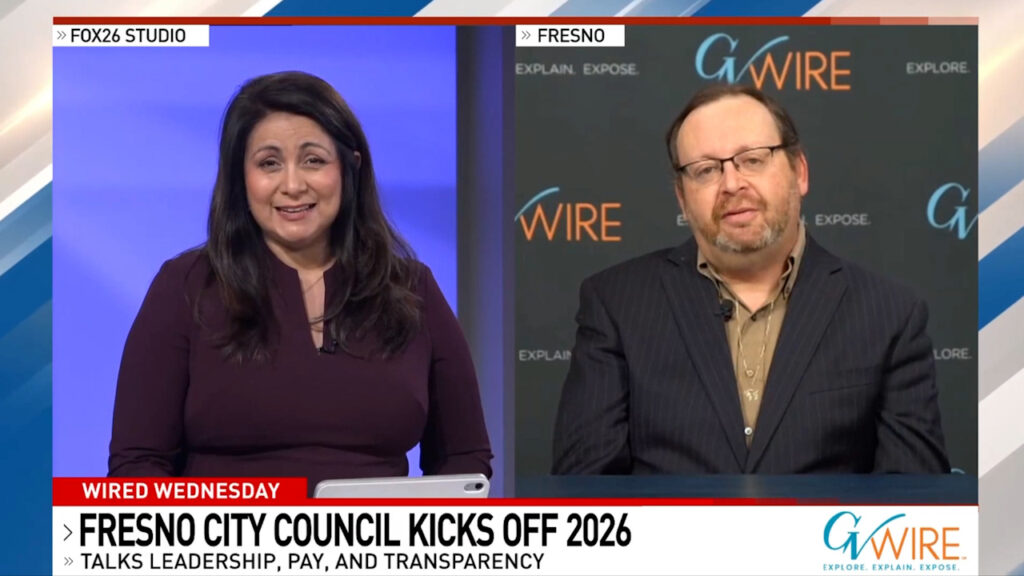Share
After the shellacking that California Republicans took in this year’s midterm elections, many figures within the more pragmatic wings of the party establishment had hoped that the party would turn away from the divisive politics of President Donald Trump and seek to become a more diverse coalition.

by Ben Christopher
CALmatters
But in the short term, the midterm election whittled away all the purple sections of the state now represented by the GOP, leaving only the scarlet-red core.
With striking losses in Orange County and the Central Valley, the Republican Party’s diminished congressional delegation will now represent a less diverse and less well-off subset of Californians and an electorate that was most enamored with the president.
It will also be a much smaller portion of the state. This year, 26 percent of Californians are represented in Congress by a Republican. Next year, it will be down to 13 percent.
Prior to the election, the average Californian living in a Republican-held district earned $65,634 per year. That’s slightly above the state average of $63,783. The average district was also slightly less educated than the state as whole (19 percent have bachelor’s degrees compared to 20 percent statewide) and significantly whiter (49 percent to 38 percent).
The Party Was Driven Inland
But in an election that cost them seven of their 14 seats, the party was driven inland, losing every seat that touches the Pacific Ocean and tossed out of its former stronghold in Orange County. It also lost the suburbs north of Los Angeles and (assuming Democrat T.J. Cox maintains his lead over Rep. David Valadao in Hanford) two seats in the Central Valley.
And so come January, when only half of the Republican delegation will return to Washington D.C., the average income of the new, diminished GOP-represented electorate will be nearly $5,000 lower. It will also be majority non-Latino white.
Only 16 percent of the population will have a college degree. And notably, every district in which less than a majority of voters supported Trump in 2016 abandoned the Republican brand this year. Only Trump country remains.
This could make it all the more difficult for Republicans who want to rebuild the party.
While the GOP’s broader electoral viability in California may depend on its willingness to disassociate itself from the politics of the president, the remaining Republican members of Congress, representing the most fiercely Trumpian corners of the state, may have little incentive to do that.
CALmatters.org is a nonprofit, nonpartisan media venture explaining California policies and politics
RELATED TOPICS:
Categories


















